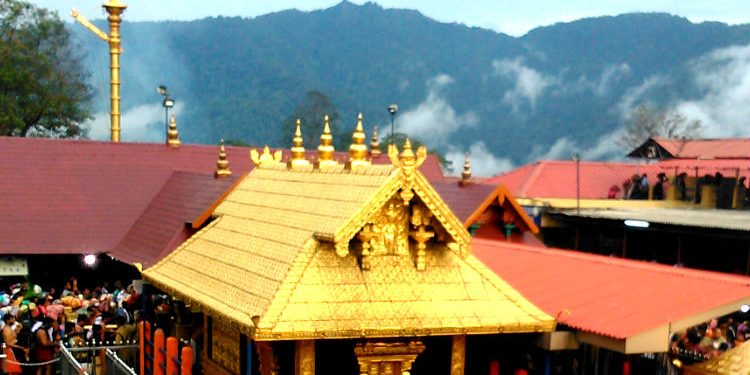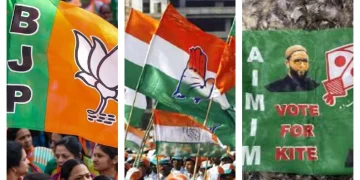In a historic judgment, the Supreme Court removed the age-based restriction that had prevailed on the entry of women to the Sabarimala Temple. The verdict is significant on three major grounds: It overruled a tradition seen to be based on menstruation; it held that the right to worship was equally available to men and women under Article 25(1) and it dismissed arguments that judicial intervention was an infringement of constitutional protections guaranteed under Article 26 to religious denominations to manage their own affairs. Further, it is historical as it initiated a movement to recognise the place of concepts of sexuality and sexual attitudes, particularly of men towards women, in the ongoing patterns of, and struggles for power in society, that is sexual politics in Indian society.
Patriarchy, or social organisation based on men’s control of power, is generally viewed as inevitably oppressive. Feminist and neo-Marxist theories postulate three major dichotomies — public/domestic, nature/culture and production/reproduction — as the source and process of patriarchy (universal male dominance) and female subordination.
Production/reproduction dichotomy proves that the subordination of women within the household is regulated based on their association with reproduction and in public places by their exclusion from relations of production. Nature/culture dichotomy justifies that cross-culturally, women were represented as closer to nature because of their role in child-bearing, lactation and socialisation of children.
Public/domestic dichotomy believes the notion that the domestic limit — the biological family charged with reproducing and socialising new members of the society is opposed to the public entity — the superimposed network of alliances and relationships that exist in society. Since women are associated with, and are more or less confined to the domestic context, they are identified with this lower order of social/cultural organisation.
Sabarimala verdict is historical because it has seriously questioned the traditional interrelationship between religion, sexuality and jargons of patriarchy. Women in pregnancy and childbirth, women immediately after childbirth, menstruating women, are almost universally objects of “taboo”, which are connected with the feelings within certain kinds of “unclean” nature, pollution, “purifications”, beliefs and rituals.
But the “taboos” are rooted in the perception of facts and associated things surely stem from the very nature of womanhood (like the nocturnal pollution among males). They cannot be held to have been invented by men to bring about the subordination of women and put forward uncritically as the politically expedient patriarchal convictions about women. Hinduism as a religion has many cosmological myths which believe that god first created woman and this is the beginning of time, thought, knowledge and consciousness. But religious institutions have tried to justify functional interconnection between male-dominated rituals and myths on one hand and political-religious supremacy on the other, that males are spiritually superior to females and females are polluted, weak and untrustworthy.
The verdict has also referred to the issue that identification of women with nature and men with culture was not ‘natural’ but was culturally constructed, women to some extent mediated between nature and culture, by transforming the “raw” child into a “socialised” one. Oppression of women is associated with something innate and biological about the human species. Sexual dimorphism in humans is a biological feature of the species but not to facilitate the possible oppression of women. By referencing religious institutions, culture and social structure as sources, or source, of women’s oppression, it appealed for a scientific inquiry of biology, and the idea that women’s biology placed them closer to nature, outside production, or within the domestic sphere, was not a natural fact but a cultural elaboration on biological differences.
For now, the court’s verdict can be cited to expose the suppression and marginalisation of things associated with women, femininity by patriarchal thought and institutions. SC has proved against the view that patriarchy was an unconquerable monolith. Patriarchy’s social construction had been so successful that women’s very desires and identities were nothing more than the products of male power and privilege. The court has proved that the re-examination of sexual subcultures justify the distinctions on biological aspects, but does nothing to address power politics among men and women.
The writer is assistant professor, Centre for Tribal and Customary Law, Central University of Jharkhand, Ranchi.






































